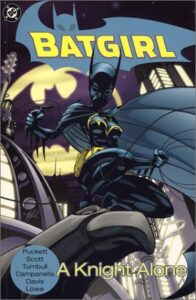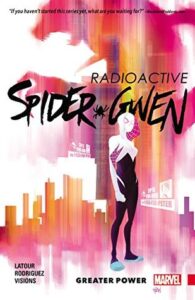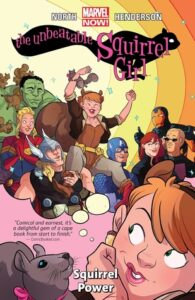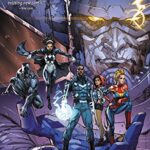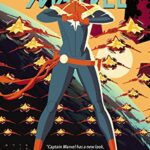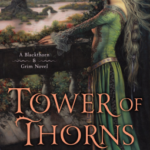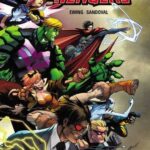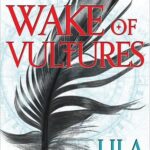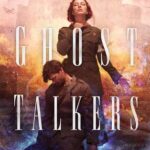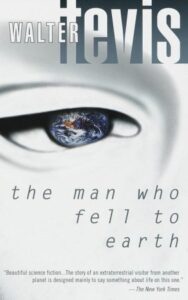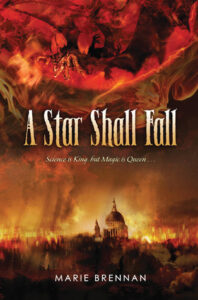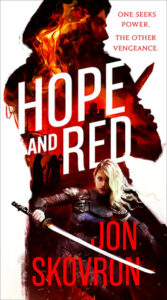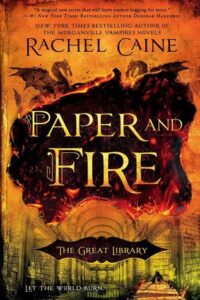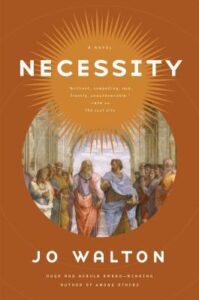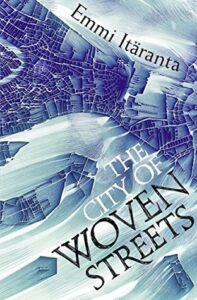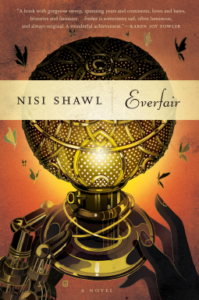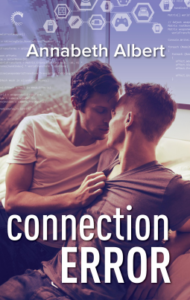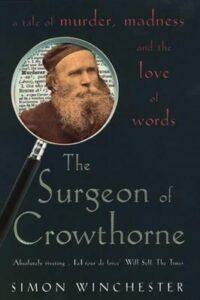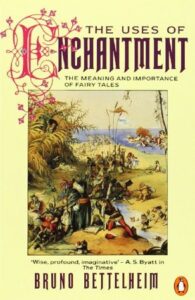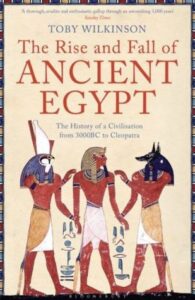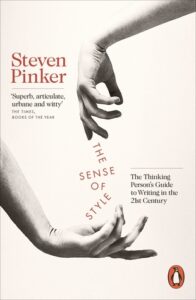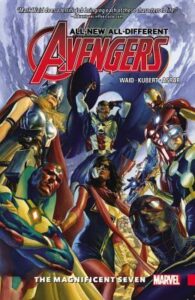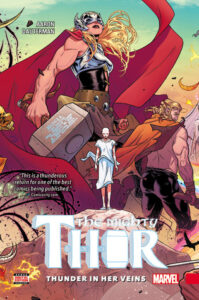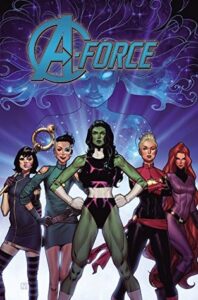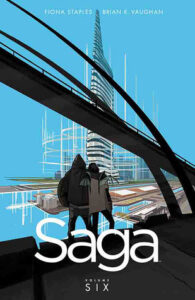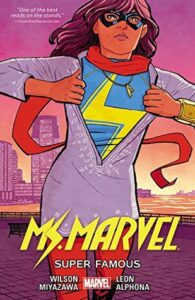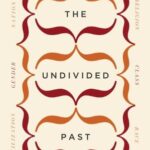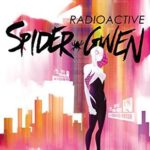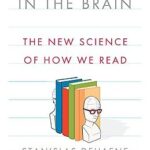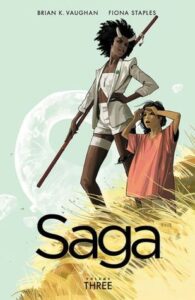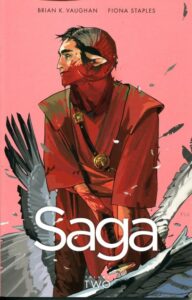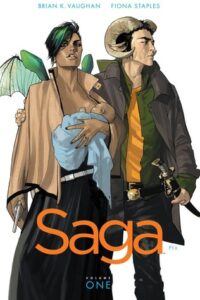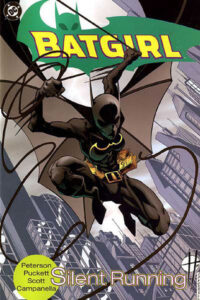 Batgirl: Silent Running, Kelley Puckett, Scott Peterson, Damion Scott, Robert Campanella
Batgirl: Silent Running, Kelley Puckett, Scott Peterson, Damion Scott, Robert Campanella
I’ve been intrigued by the idea of Cassandra Cain as Batgirl ever since I heard about this series; I love the idea of a girl trained so intensively to be an assassin that she knows no language, but can interpret vast amounts from movement, even from tiny cues in body language. It’s fascinating because it’s to some degree possible; “feral children” without language who weren’t exposed to language during their critical period for learning it have existed, and who knows? Maybe they do learn to pay attention to other cues, appropriate to the environment they live in, which would be missed by those who rely on words to communicate.
In practice, though, Silent Running is kind of an awkward place to jump in. It’s not so bad for me because I know Barbara Gordon’s story, why she became Oracle, who she is — and everyone knows at least a little about Batman. But it feels like jumping into the middle of a run, not the beginning of one. The art style doesn’t greatly appeal to me either, and the storytelling is appropriately visual, which is never going to work that well for me (I just don’t and can’t think visually).
It’s also a little awkward because that uniqueness about this Batgirl is wiped out almost immediately: a psychic man rearranges her thoughts and gives her language, taking away her preternatural combat abilities by changing the way she experiences the world. It makes sense, but it does lose the thing that intrigued me about the character.
Also, Batman being paternalistic and judgemental, all the time. Gah. He should have some idea of how Cassandra was raised, you’d think, but somehow he spends the book denying it, and having a really weird tension with Cassandra when they’re working together.
I’m going to read the second volume, since I have it, but at the moment I’m not greatly enthused about following this version of Batgirl, which is a shame. (But might save me some money, since wow the TPBs can get expensive!)
Rating: 2/5
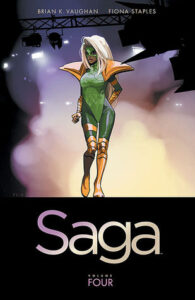 Saga volume 4, Brian K. Vaughan, Fiona Staples
Saga volume 4, Brian K. Vaughan, Fiona Staples
